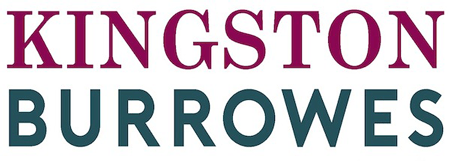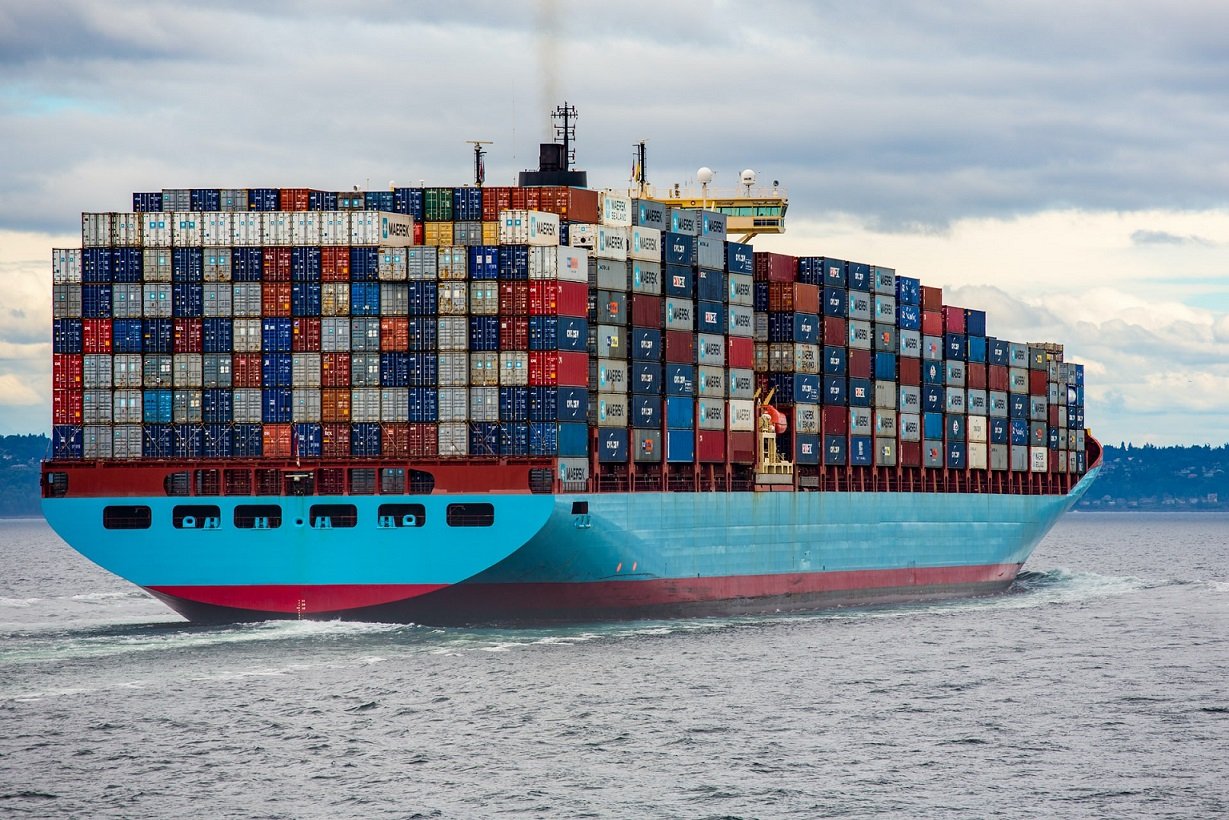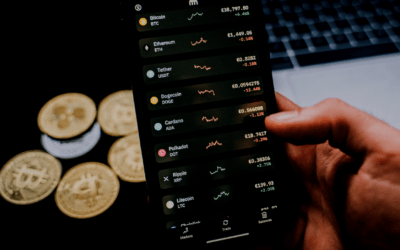Following the end of the Brexit transition period, new customs controls are now in place for businesses moving goods to or from the UK. The new controls took effect on 1 January 2022 and HMRC wrote to traders at the end of last year to remind them of the new rules regarding movement of goods overseas.
What are the post-Brexit customs control changes?
2021 saw various temporary easements to prepare traders for the full customs changes which would be implemented post-Brexit. However, the new customs processes and rules are now in place and traders are required to independently complete customs declarations and account for VAT.
The updated customs controls include the following:
- Traders are now required to make import customs declarations and pay relevant tariffs at the point of import. (The 6-month delayed submission of customs declarations to HMRC is no longer allowed)
- Customs duty and import VAT due must be paid at the time of customs clearance (unless the importer has arrangements in place to pay them through duty deferment or postponed VAT accounting before the goods are made available to the importer)
- Goods may be directed to an Inland Border Facility for customs checks if the checks cannot be done at the border. An ‘arrived’ export declaration must be submitted if goods are moving through a border location that uses the ‘arrived exports’ process.
- The correct country code for the country of origin and the country of dispatch must be used when the customs declaration is completed as it is no longer possible to use the EU country code.
- Commodity codes will continue to be reviewed annually in the UK Global Tariff, as they were previously under EU rules. Therefore, new commodity codes will be in place from 1 January 2022. Commodity Codes contain important information such as the rate of duty payable and other customs requirements relating to the type of goods.
Support for Businesses Dealing with new customs controls
Several Government support resources remain in place for importers and exporters as follows:
- The trader checklist tool indicates the actions you need to take to comply with the new changes
- The Export Support Service allows businesses to ask questions regarding their international trading. This might relate to rules for particular countries, required paperwork or exporting to new markets etc.
- Businesses moving goods in or out of Northern Ireland can utilise the Trader Support Service to navigate any changes as a result of the Northern Ireland Protocol.
Finally, if you have questions regarding your tax and accounting in light of the new import and export rules, don’t hesitate to contact the team.
Kingston Burrowes specialises in tax advice and accounting support for businesses of all shapes and sizes. Working closely with our clients, we become that extra arm of their business, providing the support and reassurance they need.




